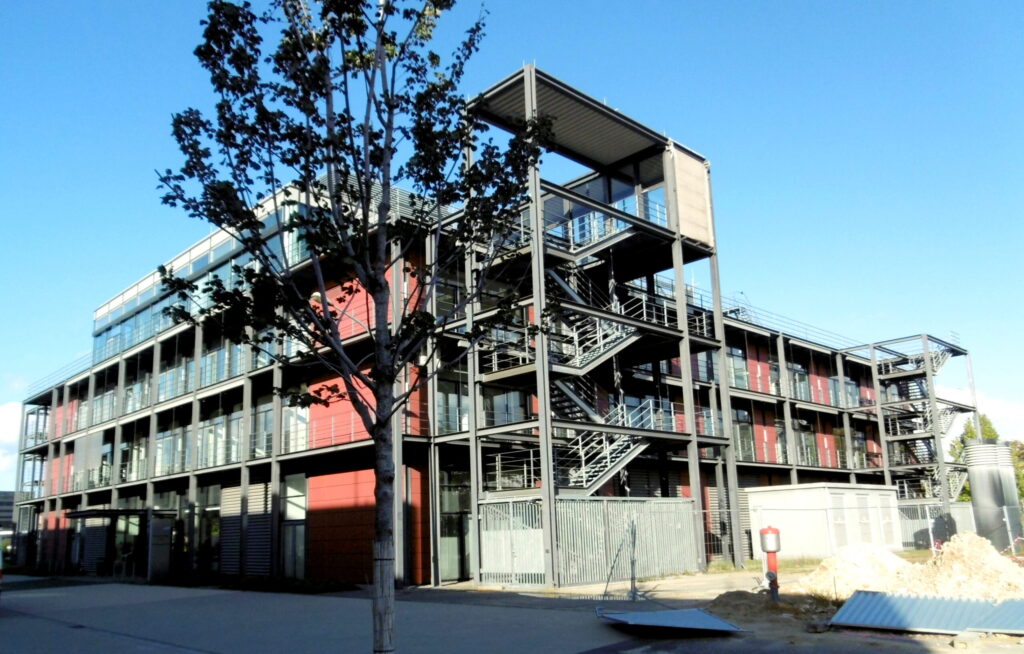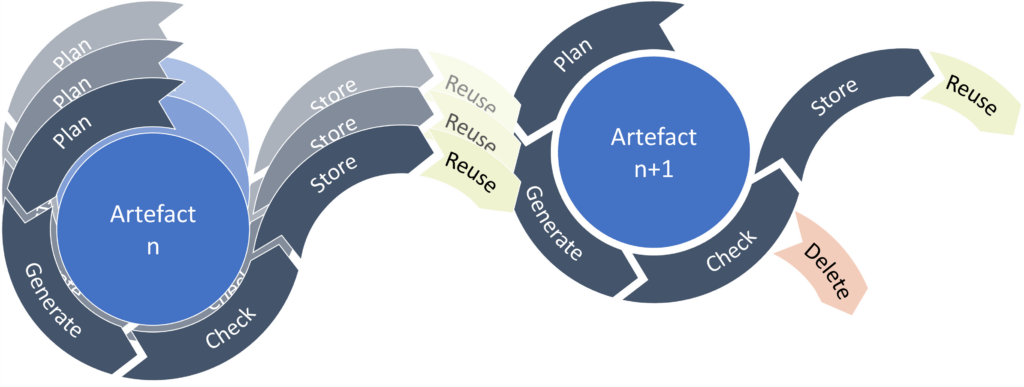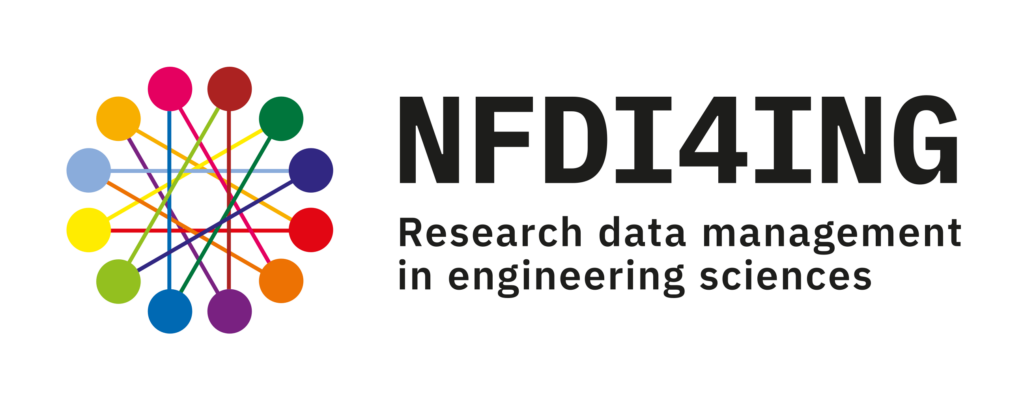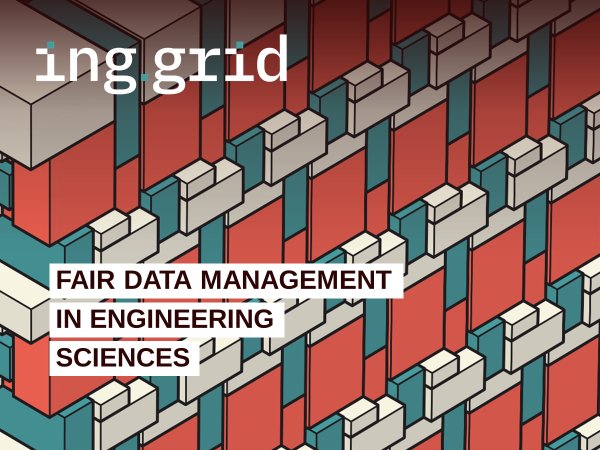
“Hello, I’m Betty!” – NFDI4ING Community Meeting on Research Software
On 29 April, 2025 the next NFDI4ING Community Meeting will take place on the topic “Innovating Software Solutions in Engineering Research”.

On 29 April, 2025 the next NFDI4ING Community Meeting will take place on the topic “Innovating Software Solutions in Engineering Research”.

Would you like to manage your research data produced at HPC computing centers more efficiently? Then join our online workshop on how to structure, document, and publish your research data effectively!

The next NFDI4ING All-Hands-Meeting will take place on March 11 and 12, 2025 in Aachen. In this All-Hands-Meeting, we will review the first funding period and take away the lessons learned for the second funding period.

As part of our Task Area focused on providing research data management services to engineers, the task force Repositories and Storage is steadily working on further developing and improving the currently provided solutions. In this issue, we provide updates on our work with Coscine and on the Data Collections Explorer.

2024 was a milestone year for our Task Area FRANK (“many participants and simultaneous devices”) with ten publications, including groundwork for a completely new RDM process tailored for researchers in engineering sciences. Additionally, JARVES – the digital data steward for engineering sciences – entered its alpha phase and is now being validated.

NFDI4ING has a whole task force dedicated to providing software centric services to the engineering community. Available services range from general coding support, to automatic tools that evaluate the code’s quality, to a JupyterHub platform as-a-service. Read more for details on our current projects.


The first NFDI4Ing Community Meeting in 2025 is takes place on January 16th, 2025. We will present and discuss common problems and solutions concerning our Archetype Caden.

Your feedback is important for the development of research data management in engineering. The ‘NFDI4ING Community Survey 2024’ has started!

ing.grid, the OA journal for FAIR data management in engineering, made some big steps in 2024. The journal was shortlisted for the first-ever Enter Open Access Award, completed the first two issues, and is looking to grow further.